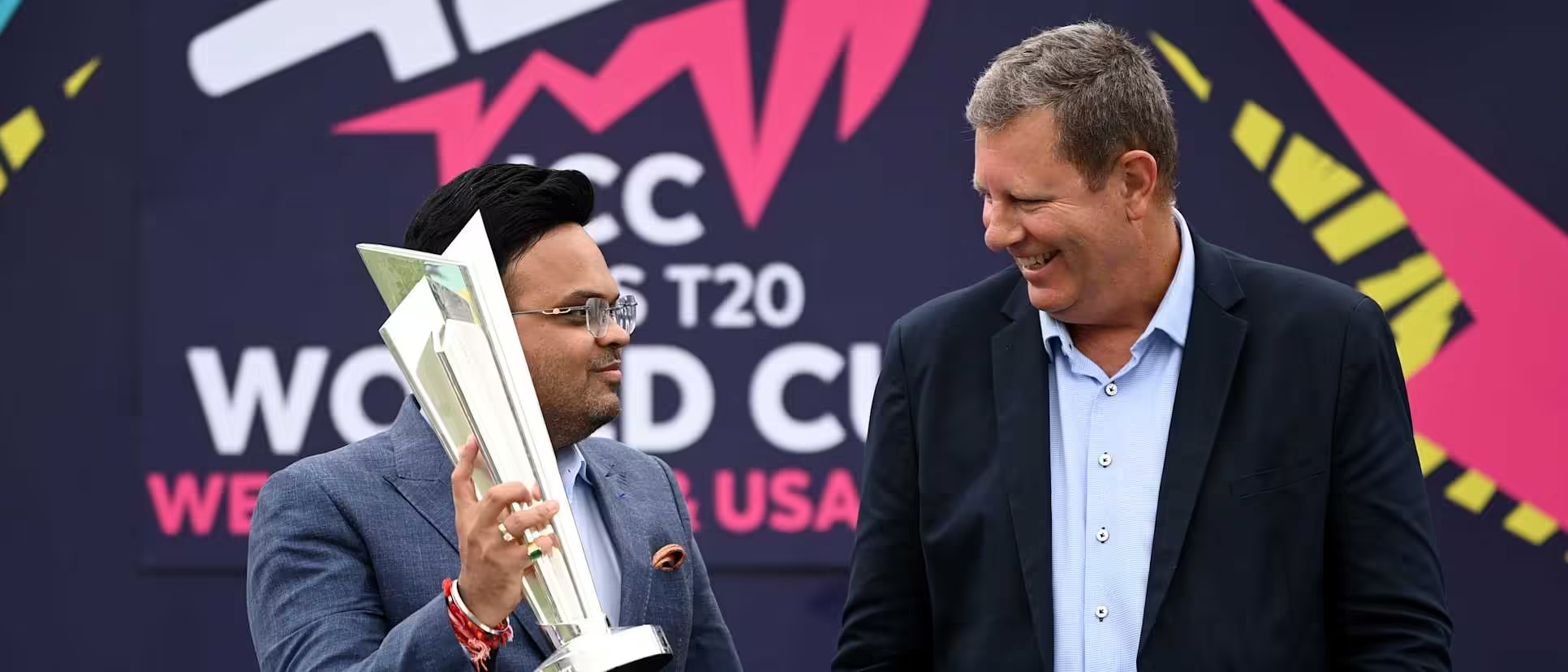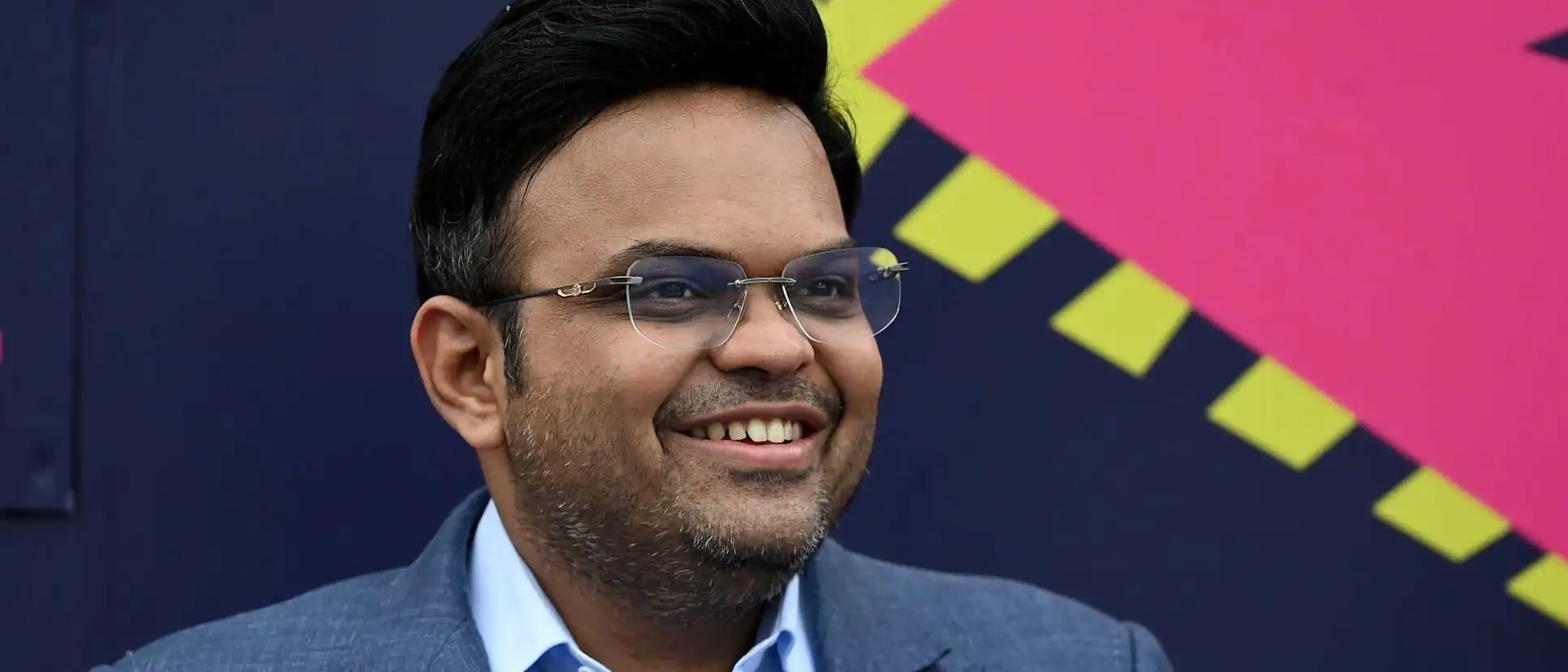
The Rise of Jay Shah in Cricket Administration
Jay Shah’s ascension to the position of Chairman of the International Cricket Council (ICC) is a significant milestone not only in his career but also in the global cricketing landscape. From his roots in the Board of Control for Cricket in India (BCCI) to his recent election as the unopposed head of the ICC, Shah’s journey is marked by strategic decision-making, forward-thinking initiatives, and a vision for expanding the sport’s reach worldwide. As the son of Amit Shah, India’s influential Home Minister, Jay Shah’s rise in the cricketing world has been closely watched and often scrutinized.
Born on September 22, 1988, Jay Shah completed his education in engineering before diving into cricket administration. His initial foray into the cricketing world was through the Gujarat Cricket Association, where he served in various capacities before being appointed as the Honorary Secretary of the BCCI in 2019. His tenure at the BCCI has been characterized by significant developments, including the successful hosting of the IPL during the COVID-19 pandemic and the promotion of women’s cricket in India.

BCCI’s Influence in Global Cricket: The Power Play Behind Jay Shah’s Rise
Jay Shah’s election as the ICC Chairman highlights the growing influence of the BCCI in global cricket governance. The BCCI, often described as the financial powerhouse of world cricket, has played a pivotal role in shaping the future of the sport. With India’s massive cricketing fan base and the commercial success of the Indian Premier League (IPL), the BCCI has substantial clout in the ICC’s decision-making processes.
Greg Barclay, the outgoing ICC Chairman, had overseen a period of relative stability in international cricket, but his tenure also faced criticism for not addressing the growing imbalance between cricket’s traditional powerhouses and emerging cricketing nations. Jay Shah’s election is seen by many as a continuation of the BCCI’s dominance in the ICC, but with a fresh perspective that aims to address some of these concerns(Cricbuzz, icc).
The ICC’s leadership has historically been influenced by a few key cricketing nations, with India, England, and Australia holding significant sway. Shah’s appointment further solidifies India’s role at the top of this hierarchy. His tenure is expected to focus on increasing the ICC’s commercial revenues, expanding cricket’s global footprint, and ensuring that the sport remains relevant in an increasingly competitive global sports market.
The Challenges Ahead: Balancing Tradition and Innovation
As the youngest ICC Chairman at 36 years old, Jay Shah faces the dual challenge of preserving cricket’s traditional values while embracing innovation. One of the most significant issues on his agenda is the inclusion of cricket in the 2028 Los Angeles Olympics. Shah views this as a “pivotal opportunity” to introduce the sport to new global markets and increase its popularity in regions where cricket has traditionally been a niche sport.
However, the inclusion of cricket in the Olympics is not without controversy. Traditionalists argue that cricket’s unique structure, with its various formats ranging from T20 to Test matches, may not be suitable for the Olympic stage. Additionally, there are concerns about the impact of Olympic scheduling on established cricket tournaments like the IPL and the ICC World Cup(ICC, icc).
Shah’s leadership will be tested as he navigates these challenges. He has expressed his commitment to balancing the coexistence of multiple formats, promoting the adoption of advanced technologies, and ensuring that cricket remains inclusive and accessible to fans of all ages and backgrounds.
The Legacy of Previous ICC Chairmen: From Sharad Pawar to Shashank Manohar
Jay Shah’s predecessors have left a lasting legacy on the ICC, each bringing their unique vision to the role. Sharad Pawar, another prominent Indian politician, served as the ICC President from 2010 to 2012. During his tenure, Pawar focused on enhancing the financial stability of the ICC and expanding the sport’s global reach. However, his tenure was also marked by controversies, including the controversial 2011 World Cup scheduling that faced criticism from various quarters.
Shashank Manohar, who served as ICC Chairman from 2015 to 2020, was known for his efforts to reduce the dominance of the “Big Three” (India, England, and Australia) in global cricket governance. Manohar’s tenure saw significant reforms in the ICC’s revenue distribution model, aimed at providing more financial support to smaller cricketing nations. However, his tenure also faced opposition from powerful cricket boards, including the BCCI, for his perceived anti-establishment stance(Cricbuzz, Hindustan Times).
Greg Barclay, the outgoing ICC Chairman, focused on stabilizing international cricket amidst the challenges posed by the COVID-19 pandemic. His tenure saw the successful staging of major ICC events, including the T20 World Cup and the World Test Championship. However, Barclay’s decision not to seek a third term paved the way for Jay Shah’s unopposed election, signaling a shift in the ICC’s leadership dynamics.

The Role of Cricbuzz and Media in Shaping Cricket Narratives
In the digital age, platforms like Cricbuzz have played a crucial role in shaping the narratives around cricket administration and governance. Cricbuzz, one of the most popular cricket websites globally, provides real-time updates, news, and analysis on all things cricket. The platform has been instrumental in keeping fans informed about developments in the ICC, BCCI, and other cricketing bodies.
Cricbuzz’s coverage of Jay Shah’s election as ICC Chairman has highlighted the significance of his appointment and the potential impact on global cricket. The platform’s analysis often reflects the sentiments of cricket fans, particularly in India, where Shah’s rise is seen as a continuation of the BCCI’s dominance in world cricket. Additionally, Cricbuzz Live, the platform’s live commentary and analysis feature, offers in-depth discussions on key cricketing issues, providing fans with a comprehensive understanding of the sport’s governance(Cricbuzz, icc).
The Future of Cricket Under Jay Shah: Expanding the Global Footprint
Jay Shah’s vision for the future of cricket is centered around expanding the sport’s global footprint and making it more inclusive. One of his primary goals is to increase cricket’s presence in non-traditional markets, particularly in North America and the Middle East. The inclusion of cricket in the Olympics is a key part of this strategy, as it provides an opportunity to showcase the sport on a global stage and attract new fans.
Shah has also emphasized the importance of promoting women’s cricket and ensuring that the sport is accessible to all. Under his leadership, the BCCI has made significant strides in promoting women’s cricket in India, including the establishment of the Women’s IPL. As ICC Chairman, Shah is expected to continue this focus on women’s cricket, ensuring that it receives the attention and resources it deserves(ICC, Cricbuzz).
In addition to expanding cricket’s global reach, Shah is also keen on leveraging technology to enhance the fan experience. He has expressed interest in adopting advanced technologies, such as virtual reality and artificial intelligence, to provide fans with a more immersive and engaging experience. These innovations are expected to play a crucial role in attracting younger audiences and ensuring that cricket remains relevant in the digital age.
Conclusion: A New Chapter in ICC Leadership
Jay Shah’s election as the Chairman of the ICC marks the beginning of a new chapter in the organization’s history. As the youngest individual to hold this position, Shah brings a fresh perspective to the role, coupled with a deep understanding of the intricacies of cricket administration. His vision for the future of cricket is ambitious, focusing on expanding the sport’s global reach, embracing innovation, and ensuring that cricket remains inclusive and accessible to all.
While Shah’s tenure as ICC Chairman is still in its early stages, his track record at the BCCI and ACC suggests that he is well-equipped to handle the challenges that lie ahead. As the world of cricket watches closely, Shah’s leadership will undoubtedly shape the future of the sport for years to come.
With the support of the BCCI and his extensive experience in cricket administration, Jay Shah is poised to leave a lasting impact on the ICC and global cricket. His election as ICC Chairman is not just a personal achievement, but a reflection of India’s growing influence in the world of cricket governance. As Shah takes on this prestigious role, the cricketing world eagerly awaits the next chapter in the ICC’s evolution(Cricbuzz, Hindustan Times).




Leave a Reply